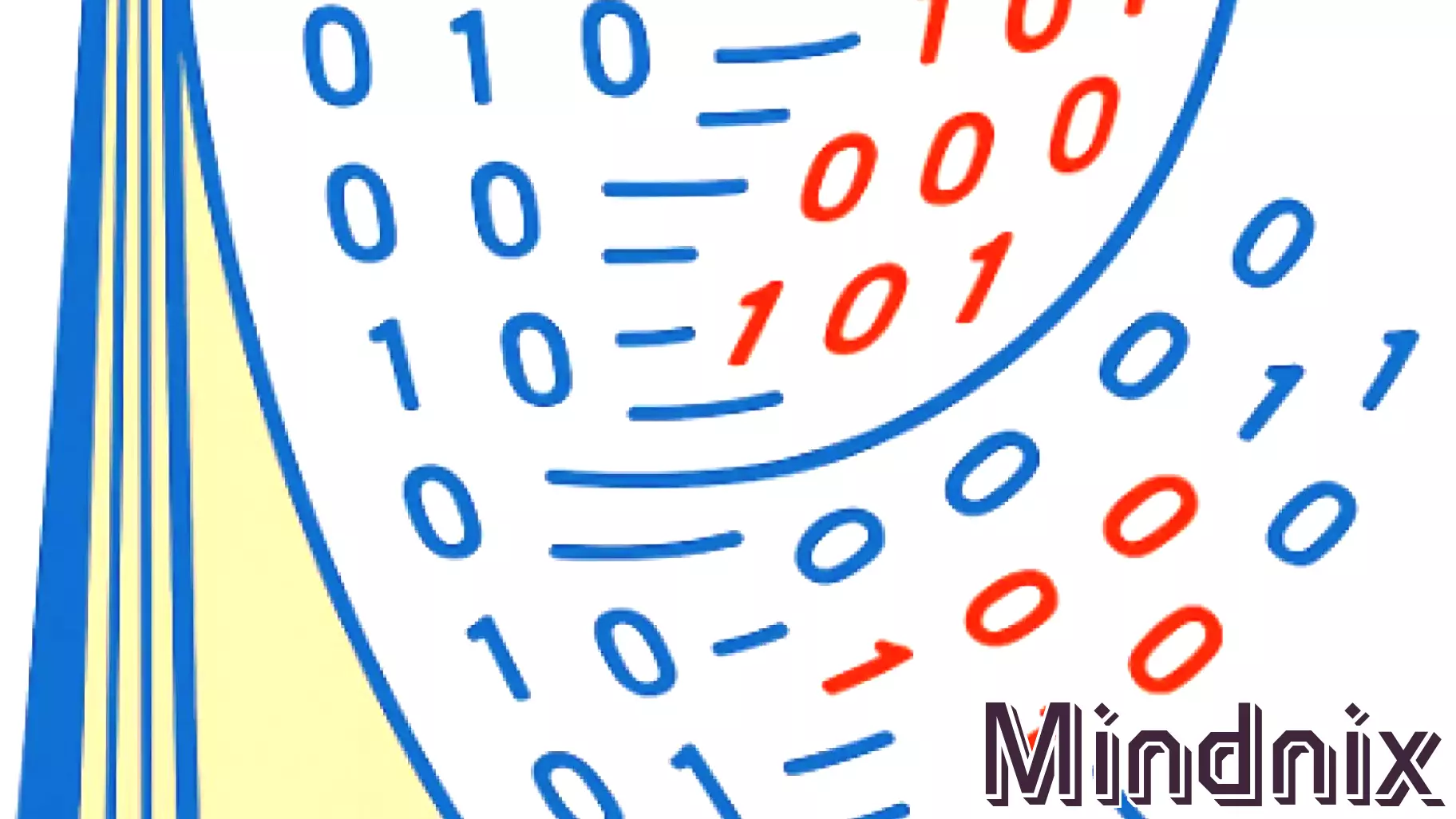April 1, 2025 - 23:16

Artificial Intelligence is rapidly evolving, creating an increasingly convincing simulation of human thought processes. This phenomenon has sparked discussions about the nature of intelligence and consciousness. As AI systems become more sophisticated, they exhibit a fluency in language and problem-solving that can easily mislead users into perceiving them as possessing genuine cognitive abilities.
The speed at which AI operates allows it to generate responses that seem thoughtful and coherent, fostering an illusion of understanding. This capability raises important questions about our interaction with technology and the ethical implications of attributing human-like qualities to machines. As we navigate this new landscape, it becomes crucial to discern between true cognitive processes and the advanced algorithms that drive AI systems.
While AI can mimic aspects of human thought, it lacks the emotional depth and experiential knowledge that characterize genuine human cognition. Understanding this distinction is vital as we continue to integrate AI into various facets of our lives, ensuring that we maintain a clear perspective on its capabilities and limitations.



